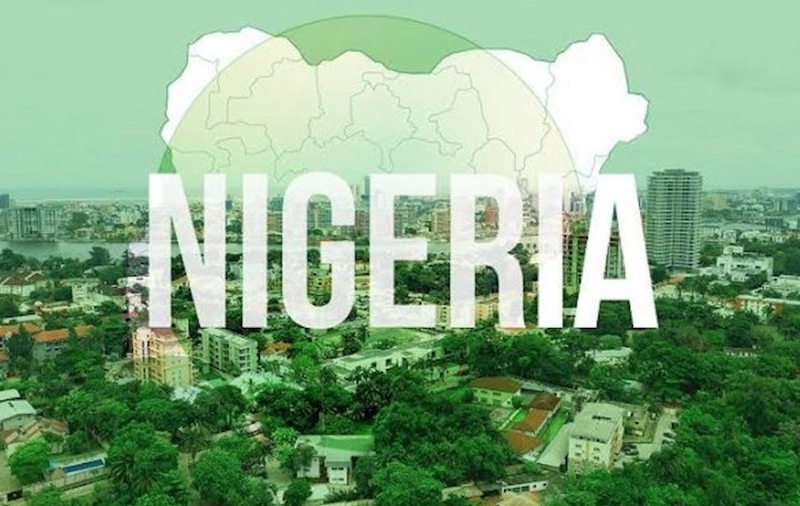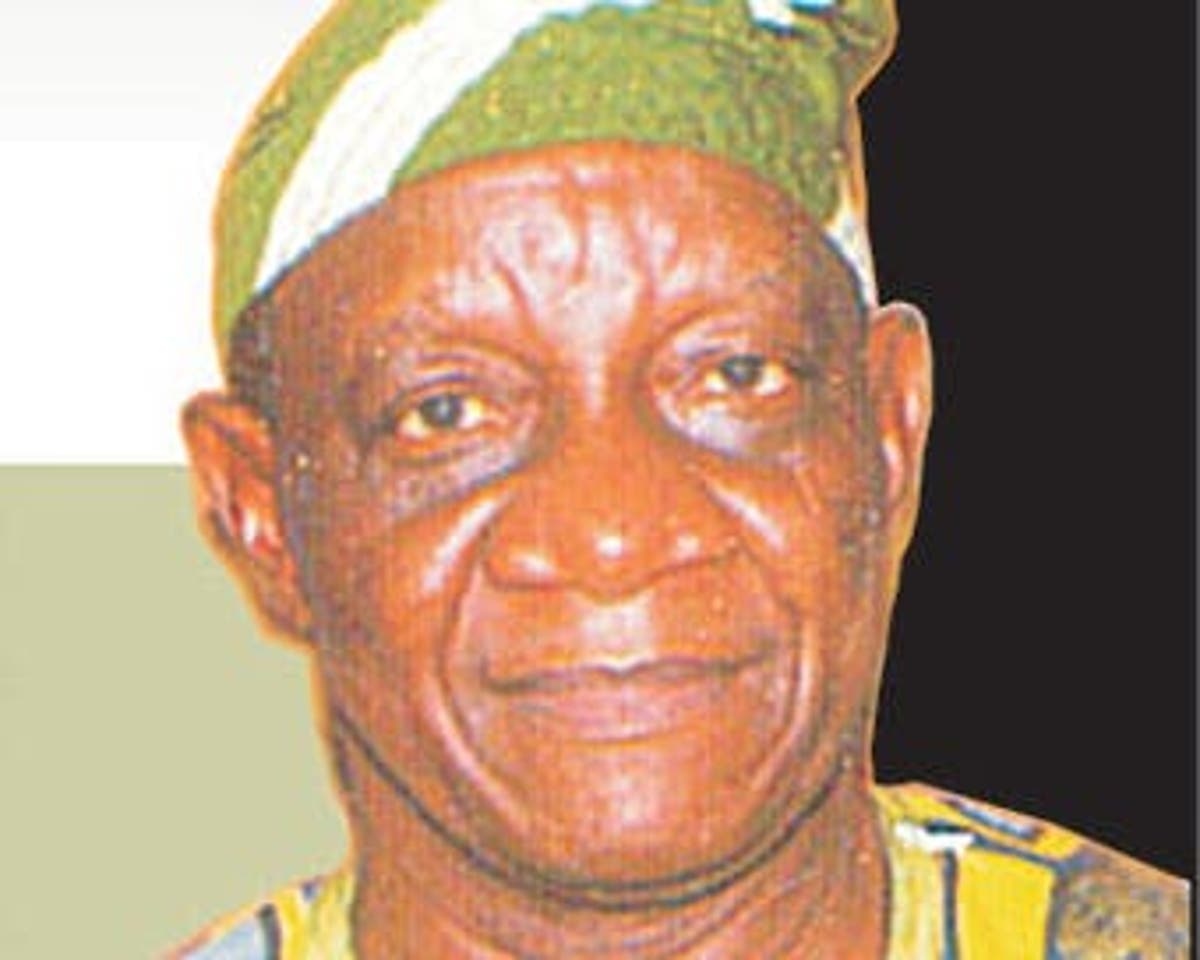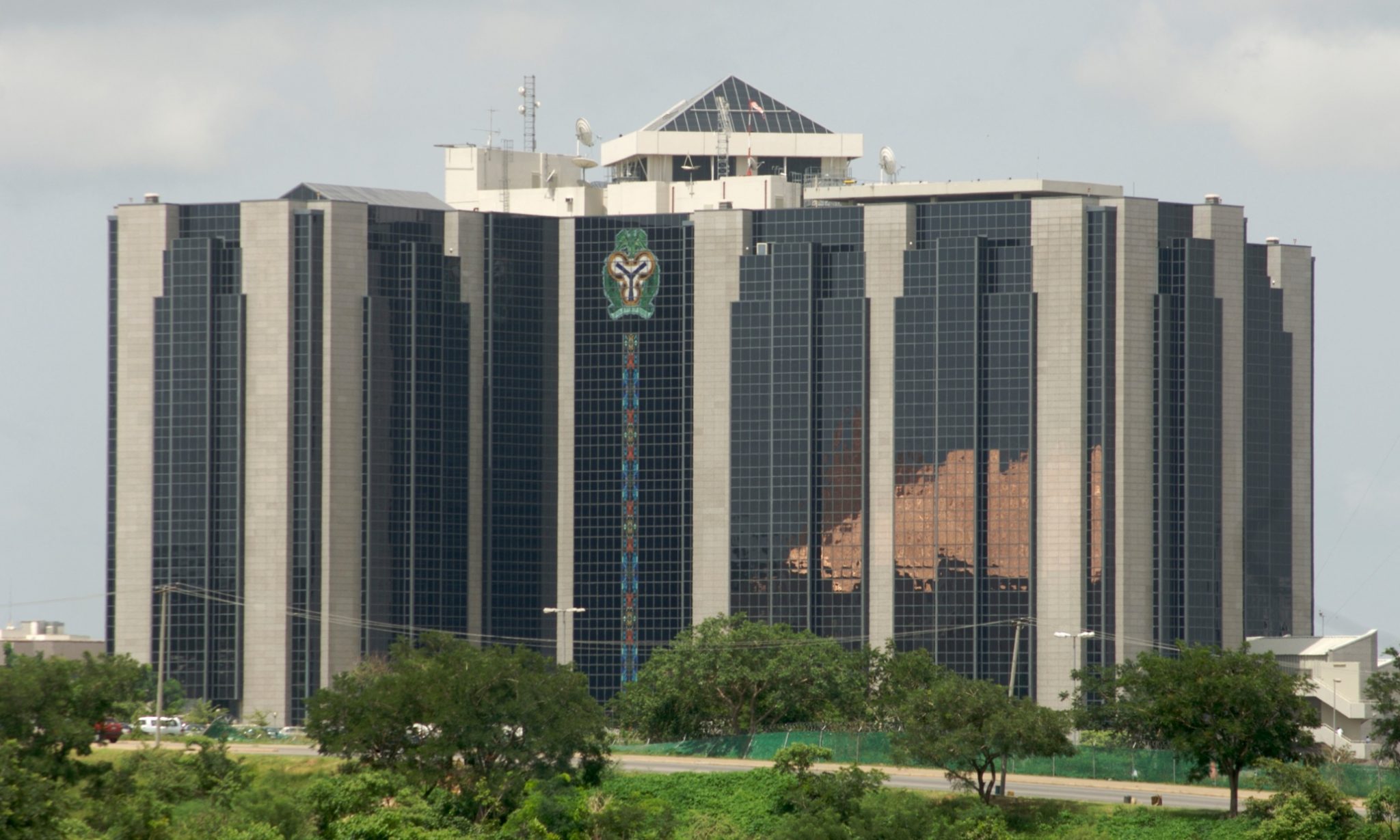Dele Sobowale
“ He gave for his opinion that whoever could make two ears of corn or two blades of grass to grow upon a spot of ground where one grew before, would deserve better of mankind, and do more essential service to his country than the whole race of politicians put together.” Jonathan Swift 1667-1745.
Swift did not say what mankind should do when confronted with whoever could make one ear of corn or one blade of grass grow where two once grew. But, that is the predicament in which Nigerians find themselves in 2021. Under President Buhari, the current year might be the first year in the history of Nigeria when millions of farmers will desert their farms. Consequently, not only will one ear of corn grow where two formerly did; none might grow.
All over Nigeria, reports from my friends, especially in the North, point to the same grim situation. Unprecedented assault on farmers started shortly after 2015 Elections and Buhari’s emergence as President. Suddenly, herdsmen exchanged their rods and staff for AK-45 rifles. Federal authorities ignored the dangerous signals when Nimo, Enugu State and Agatu, Benue State were sacked by armed Fulani herdsmen. Instead of taking pre-emptive action to nip the threat to national security in the bud, the FG decided to blame the victims.
Even, when the criminal assaults spread to other states – the response was the same. Ill-considered programmes – eg RUGA – were introduced; states were ordered to designate grazing areas. One Presidential spokesman went on television to issue an ultimatum to land owners – “Your land or your life.” It was the audacity of impunity.
“Anger supplies the arms.” Virgil, 70-19 BC.
In all these, the FG and the herdsmen assumed that with overwhelming superiority of arms on their side, total submission by the farmers was assured. It never occurred to them that there are more options than the Devil’s alternative posed by the ignorant Presidential spokesman. Neither did it cross their minds that other criminals could compete with them for farm products; and even rustle their own cattle as well. Bandits, herdsmen and kidnappers never imagined that farmers might abandon the farm altogether.
Contrary to what the FG imagined, as a small scale farmer, who has other means of livelihood, it was obvious to me that millions of farm owners could leave the farm and let all Nigerians starve – if that is what the FG wants. RUGA or open grazing will still not be possible because the FG does not own a square metre of land under the constitution. So, we knew we can always return to our land when sanity prevails in Abuja. That is what is happening now. Why risk your own life and those of workers for harvest which no longer covers the cost of running the farm after mindless and murderous herdsmen have destroyed the harvest.
However, the last thing herdsmen and their supporters expect is counter-attack. They never expected the victims to raise a finger to fight back. But, that is happening now; and it started in Benue and Taraba. It has now moved to Oyo State; and rest assured it will soon take root in the South East. The ensuing chaos will ensure that farming is further disrupted; so will cattle herding. Everybody will lose.
Meanwhile, all the information available to me will indicate that our march towards self-sufficiency in rice and many other farm produce has been halted. For the first time, we can look forward to far lower food output this year than last year. Pervasive famine is inevitable at a time when other contributors to Gross Domestic Product are also in distress. Manufacturing is one of them.
MANUFACTURING IN THE MUD
“An economy is only as strong as its manufacturing sector.” That was the verdict of a Japanese economist in the Harvard Business Review in the 1980s. Nothing which has transpired since then has altered that conclusion. In that respect, the Nigerian economy is heading for a tough year. Foreign Direct Investment, FDI, is down considerably. Food processors no longer enjoy forex allocation from CBN. They have to source their foreign exchange anyhow. And, it is not easy in an economy in which dollars are hard to find.
“Naira exchanges for 480/$ at parallel market” thundered a news report recently. Worse still is the fact that the unofficial devaluation of the currency is just beginning. It might get as low as 550/$ before the end of the year.
Given the situation in which operators in the food and beverage sector find themselves, capacity utilisation is declining, ex-factory prices increase virtually every quarter and output generally curtailed. Supermarket shelves are now showing empty spaces.
Coca-Cola serves proxy for the rest of them. Even if they have the money to buy, distributors cannot buy any quantity they want. Coke is now on allocation; so is Pepsi and even bottled water. Consumers of Chi fruit juices can confirm how difficult it is to find sugar-free juices. Scarcity of manufactured food items is now pervasive.
Non-food manufacturers are also feeling the pinch. Our manufacturing being import-dependent, car assembly plants, pharmaceuticals, although not barred from sourcing foreign exchange from CBN’s allocation to banks, are experiencing delays which take us back to 1984-5 when Buhari was Military Head of State. There is no good news there either.
The three major causes of foreign exchange scarcity are: declining crude oil revenue, lower FDI and reduced remittances. None of these is likely to turn positive any time soon. The FG cannot seem to find the means of increasing foreign exchange inflow; other than borrowing and increasing the debt burden. Non-oil export is stalled because the FG lacks the will to dislodge the vehicles blocking access to Apapa and Tin Can ports. Remittances are down in the aggregate; and the percentage going to crypto currencies have gone up significantly. CBN has not helped matters in this regard. No hope there.
The conclusion is obvious. Agriculture and Manufacturing will be hammered in the economy in 2021. Together with other variables, notably insecurity, we might experience another recession in 2021.
LESSON TO LEARN FROM TWITTER OFFICE IN ACCRA.
The Nigerian media made Lai Mohammed, the Minister of Information. In April 2014, I published an article titled M&M: THE TWO MOST DANGEROUS MEN IN NIGERIA. In it, I named Lai Mohammed of the APC and Olisa Metu of the PDP as the two men. Space constraint does not permit me to reproduce the article. But, it was my view then, and even now, that Lai Mohammed will utter any statement to win an argument – even if untrue.
His utterances since Twitter opted for Ghana instead of Nigeria shows the man in his true colours. We created the monster trying to destroy the media.
Perhaps Mohammed will like to answer a simple question on this matter. If you have a choice of investment location, will you prefer a country tottering on the verge of disintegration, unstable power supply, weak and ill-educated leaders, and rapidly changing economic policies to one offering stability on all counts? That is the choice facing investors when considering Nigeria and Ghana. I don’t expect Lai Mohammed to understand that. It will expose the lie and Lai.AGRICULTURE AND MANUFACTURING WILL DETERMINE 2021
“ He gave for his opinion that whoever could make two ears of corn or two blades of grass to grow upon a spot of ground where one grew before, would deserve better of mankind, and do more essential service to his country than the whole race of politicians put together.” Jonathan Swift 1667-1745.
Swift did not say what mankind should do when confronted with whoever could make one ear of corn or one blade of grass grow where two once grew. But, that is the predicament in which Nigerians find themselves in 2021. Under President Buhari, the current year might be the first year in the history of Nigeria when millions of farmers will desert their farms. Consequently, not only will one ear of corn grow where two formerly did; none might grow.
All over Nigeria, reports from my friends, especially in the North, point to the same grim situation. Unprecedented assault on farmers started shortly after 2015 Elections and Buhari’s emergence as President. Suddenly, herdsmen exchanged their rods and staff for AK-45 rifles. Federal authorities ignored the dangerous signals when Nimo, Enugu State and Agatu, Benue State were sacked by armed Fulani herdsmen. Instead of taking pre-emptive action to nip the threat to national security in the bud, the FG decided to blame the victims.
Even, when the criminal assaults spread to other states – the response was the same. Ill-considered programmes – eg RUGA – were introduced; states were ordered to designate grazing areas. One Presidential spokesman went on television to issue an ultimatum to land owners – “Your land or your life.” It was the audacity of impunity.
“Anger supplies the arms.” Virgil, 70-19 BC.
In all these, the FG and the herdsmen assumed that with overwhelming superiority of arms on their side, total submission by the farmers was assured. It never occurred to them that there are more options than the Devil’s alternative posed by the ignorant Presidential spokesman. Neither did it cross their minds that other criminals could compete with them for farm products; and even rustle their own cattle as well. Bandits, herdsmen and kidnappers never imagined that farmers might abandon the farm altogether.
Contrary to what the FG imagined, as a small scale farmer, who has other means of livelihood, it was obvious to me that millions of farm owners could leave the farm and let all Nigerians starve – if that is what the FG wants. RUGA or open grazing will still not be possible because the FG does not own a square metre of land under the constitution. So, we knew we can always return to our land when sanity prevails in Abuja. That is what is happening now. Why risk your own life and those of workers for harvest which no longer covers the cost of running the farm after mindless and murderous herdsmen have destroyed the harvest.
However, the last thing herdsmen and their supporters expect is counter-attack. They never expected the victims to raise a finger to fight back. But, that is happening now; and it started in Benue and Taraba. It has now moved to Oyo State; and rest assured it will soon take root in the South East. The ensuing chaos will ensure that farming is further disrupted; so will cattle herding. Everybody will lose.
Meanwhile, all the information available to me will indicate that our march towards self-sufficiency in rice and many other farm produce has been halted. For the first time, we can look forward to far lower food output this year than last year. Pervasive famine is inevitable at a time when other contributors to Gross Domestic Product are also in distress. Manufacturing is one of them.
MANUFACTURING IN THE MUD
“An economy is only as strong as its manufacturing sector.” That was the verdict of a Japanese economist in the Harvard Business Review in the 1980s. Nothing which has transpired since then has altered that conclusion. In that respect, the Nigerian economy is heading for a tough year. Foreign Direct Investment, FDI, is down considerably. Food processors no longer enjoy forex allocation from CBN. They have to source their foreign exchange anyhow. And, it is not easy in an economy in which dollars are hard to find.
“Naira exchanges for 480/$ at parallel market” thundered a news report recently. Worse still is the fact that the unofficial devaluation of the currency is just beginning. It might get as low as 550/$ before the end of the year.
Given the situation in which operators in the food and beverage sector find themselves, capacity utilisation is declining, ex-factory prices increase virtually every quarter and output generally curtailed. Supermarket shelves are now showing empty spaces.
Coca-Cola serves proxy for the rest of them. Even if they have the money to buy, distributors cannot buy any quantity they want. Coke is now on allocation; so is Pepsi and even bottled water. Consumers of Chi fruit juices can confirm how difficult it is to find sugar-free juices. Scarcity of manufactured food items is now pervasive.
Non-food manufacturers are also feeling the pinch. Our manufacturing being import-dependent, car assembly plants, pharmaceuticals, although not barred from sourcing foreign exchange from CBN’s allocation to banks, are experiencing delays which take us back to 1984-5 when Buhari was Military Head of State. There is no good news there either.
The three major causes of foreign exchange scarcity are: declining crude oil revenue, lower FDI and reduced remittances. None of these is likely to turn positive any time soon. The FG cannot seem to find the means of increasing foreign exchange inflow; other than borrowing and increasing the debt burden. Non-oil export is stalled because the FG lacks the will to dislodge the vehicles blocking access to Apapa and Tin Can ports. Remittances are down in the aggregate; and the percentage going to crypto currencies have gone up significantly. CBN has not helped matters in this regard. No hope there.
The conclusion is obvious. Agriculture and Manufacturing will be hammered in the economy in 2021. Together with other variables, notably insecurity, we might experience another recession in 2021.
LESSON TO LEARN FROM TWITTER OFFICE IN ACCRA.
The Nigerian media made Lai Mohammed, the Minister of Information. In April 2014, I published an article titled M&M: THE TWO MOST DANGEROUS MEN IN NIGERIA. In it, I named Lai Mohammed of the APC and Olisa Metu of the PDP as the two men. Space constraint does not permit me to reproduce the article. But, it was my view then, and even now, that Lai Mohammed will utter any statement to win an argument – even if untrue.
His utterances since Twitter opted for Ghana instead of Nigeria shows the man in his true colours. We created the monster trying to destroy the media.
Perhaps Mohammed will like to answer a simple question on this matter. If you have a choice of investment location, will you prefer a country tottering on the verge of disintegration, unstable power supply, weak and ill-educated leaders, and rapidly changing economic policies to one offering stability on all counts? That is the choice facing investors when considering Nigeria and Ghana. I don’t expect Lai Mohammed to understand that. It will expose the lie and Lai.




